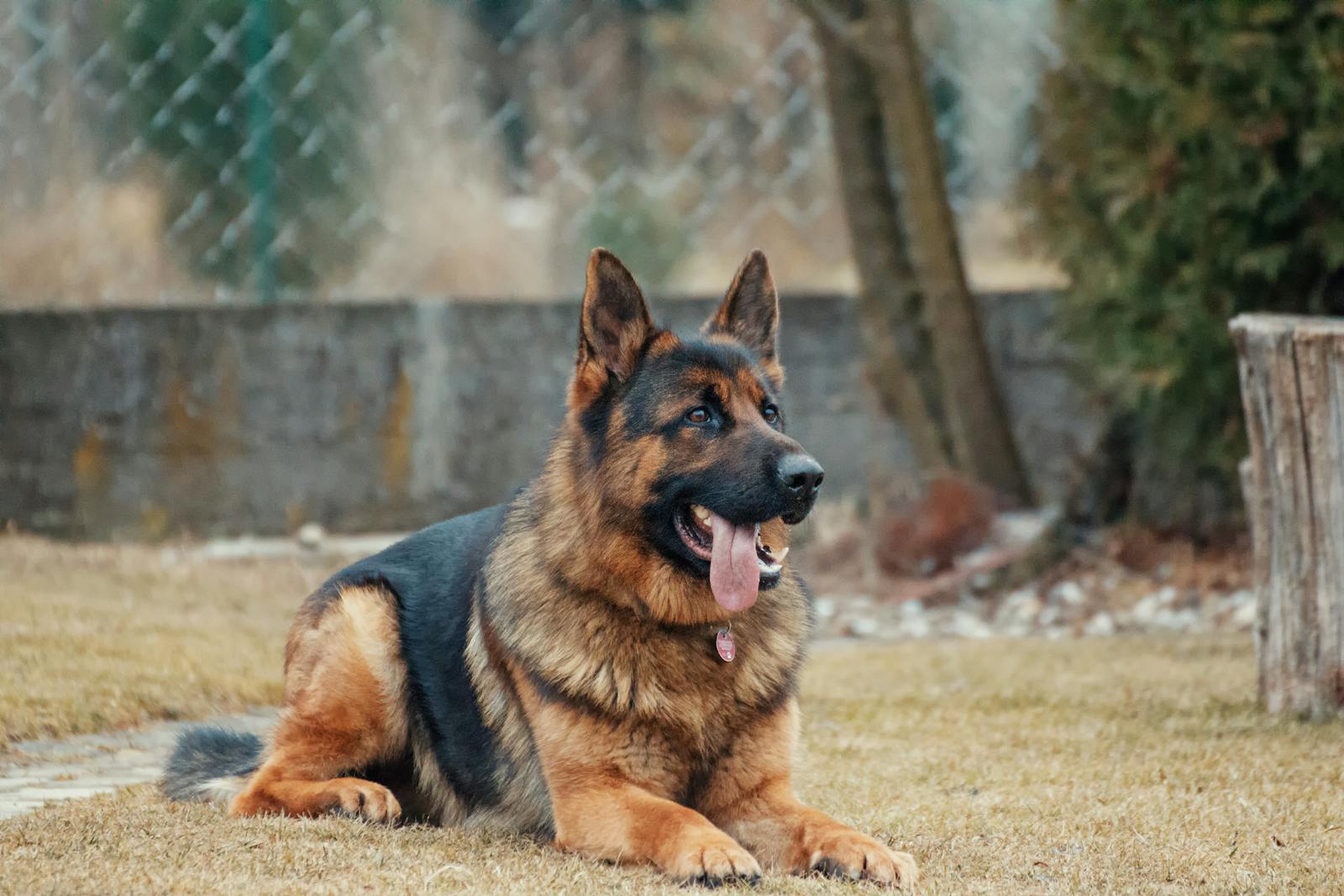Understanding the Challenges of Adopting a Senior Rescue Dog
1. Health Considerations: A Closer Look at Your Senior Pup’s Needs
Health issues are a common concern when adopting a senior dog. As dogs age, they are likely to face certain medical challenges more frequently than their younger counterparts.
- Common Health Issues: Older dogs often struggle with conditions such as arthritis, dental disease, heart problems, and kidney issues. These ailments may require ongoing treatment and management.
- Regular Vet Visits: Anticipate the need for more frequent veterinary check-ups for preventive care and to manage chronic conditions. Regular visits can help catch health issues before they become serious.
While the prospect of health challenges might seem daunting, taking proactive measures such as scheduling routine vet appointments and providing a balanced diet can significantly enhance your dog’s quality of life. Always consult with your veterinarian to discuss specific wellness needs tailored to your senior pup.
2. Behavioral Adjustments: Patience is Key
Senior dogs often come from diverse backgrounds that influence their behavior, sometimes resulting in anxiety or fear due to previous negative experiences.
- Adjustment Period: Allow ample time for your new companion to adjust to their new surroundings. Patience is essential during this transitional phase as they become accustomed to their new home.
- Behavioral Training: Engage in basic training sessions to reinforce good habits and help build trust between you and your furry family member. Positive reinforcement can work wonders, helping your dog feel secure and loved.
Remember, the quirks your senior dog exhibits are often reflective of their past. With empathy and understanding, you can cultivate a supportive environment to ease their adjustment.
3. Financial Commitment: Planning Ahead for Your Senior Dog’s Care
The financial aspect of caring for a senior rescue dog is crucial to consider. The costs associated with an older pet can accumulate due to increased medical and care needs.
- Initial Expenses: While adoption fees typically cover vaccinations and spaying/neutering, be prepared for initial expenses such as food bowls, beds, toys, and other essential supplies for your new pet.
- Ongoing Costs: Create a budget that accounts for regular veterinary visits, potential medications, and specialized diets that may become necessary as your dog ages.
Planning ahead financially will alleviate stress and enable you to provide the best care possible for your new furry friend.
4. Lifestyle Changes: Embracing a New Routine
Adopting a senior dog requires adjustments to your daily life, often demanding even more flexibility and understanding than adopting a younger pet.
- Exercise Needs: Many senior dogs still enjoy walks, but it’s important to recognize that they may tire more quickly than younger dogs. Opt for leisurely strolls that fit their pace.
- Quality Time Together: Older dogs thrive on companionship, so be prepared for cozy cuddle sessions instead of high-energy playdates at the park.
Embracing these lifestyle changes is crucial for developing a strong bond. Understanding and adapting to what brings joy to both you and your senior dog will create beautiful memories.
5. The Emotional Journey: Building a Lifelong Bond
Lastly, the emotional journey of adopting a senior dog is incredibly significant. This journey involves a deep commitment not just to the dog, but to fostering a loving relationship despite their past.
- Building Trust Takes Time: Establishing a strong bond with your adopted senior dog may require patience. Many have experienced loss or trauma before arriving at the shelter yet have the capacity to love deeply.
It is essential to approach this emotional journey with an open heart, understanding that the love you give will be richly returned.
—
In conclusion, welcoming a senior rescue dog into your family may present challenges, but it also unveils rewards that are unparalleled. By understanding these hurdles—ranging from health concerns to emotional journeys—you’ll be better equipped to support your new pet and ensure a fulfilling life together.
If you’re considering adopting a senior rescue dog, remember to prepare yourself with knowledge, patience, and an abundance of love.
What about you? Have you adopted a senior dog or considered doing so? Share your experiences or thoughts in the comments below! We’d love to hear about your journey!
news via inbox
Nulla turp dis cursus. Integer liberos euismod pretium faucibua





